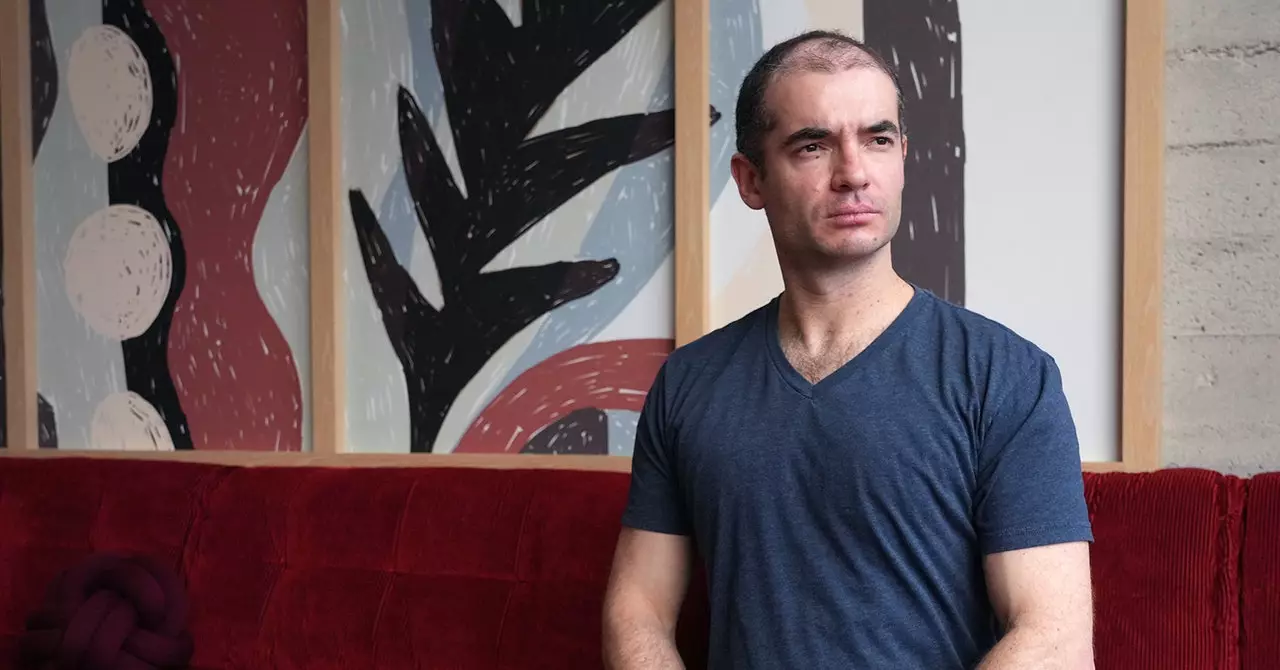At the beginning of July last year, OpenAI made headlines with the announcement of the formation of a new research team focused on preparing for the advancement of superintelligent artificial intelligence. Ilya Sutskever, one of the company’s founders and chief scientist, was named as the colead of this team. The team was promised a significant 20 percent of the company’s computing power to aid in their research. However, the latest news confirms that OpenAI’s “superalignment team” is being disbanded. This decision comes after the departure of several key researchers, including Sutskever, and the resignation of the team’s other colead. The work of this disbanded team will now be integrated into OpenAI’s other ongoing research efforts.
Key Departures
The departure of Ilya Sutskever drew significant attention due to his instrumental role in establishing OpenAI and guiding the research that led to ChatGPT. Additionally, Sutskever was among the board members who participated in the controversial decision to oust CEO Sam Altman in November. Following a tumultuous five days that saw Altman reinstated as CEO following a staff revolt and negotiations that resulted in Sutskever and other board members stepping down, Sutskever’s exit from the company was unexpected. Similarly, Jan Leike, the other colead of the superalignment team and a former DeepMind researcher, also announced his resignation. Despite the public interest in these departures, neither Sutskever nor Leike have provided detailed explanations for their decisions to leave OpenAI.
Organizational Shakeout
The dissolution of OpenAI’s superalignment team is not an isolated incident within the company. Recent reports suggest a broader shakeout resulting from the governance crisis last November. Leopold Aschenbrenner and Pavel Izmailov, researchers on the now-disbanded team, were reportedly dismissed for leaking company information. William Saunders, another team member, also departed from OpenAI in February, as indicated by a post on an internet forum attributed to him. Moreover, there are indications that additional researchers focused on AI policy and governance, such as Cullen O’Keefe and Daniel Kokotajlo, have left the company recently. Kokotajlo expressed concerns about the company’s responsible behavior in relation to the advent of AGI, leading to his departure. In the wake of these departures, John Schulman has been tasked with leading research on the risks associated with increasingly advanced AI models.
Despite the continued turbulence and internal changes at OpenAI, the company remains steadfast in its commitment to developing safe and beneficial artificial general intelligence under its current leadership. The challenges and controversies it faces serve as a reminder of the complexities and uncertainties inherent in the pursuit of advanced AI technologies. The repercussions of these recent events are likely to shape OpenAI’s trajectory and research priorities in the coming months, as the company navigates the evolving landscape of AI development and ethical considerations.


Leave a Reply
You must be logged in to post a comment.